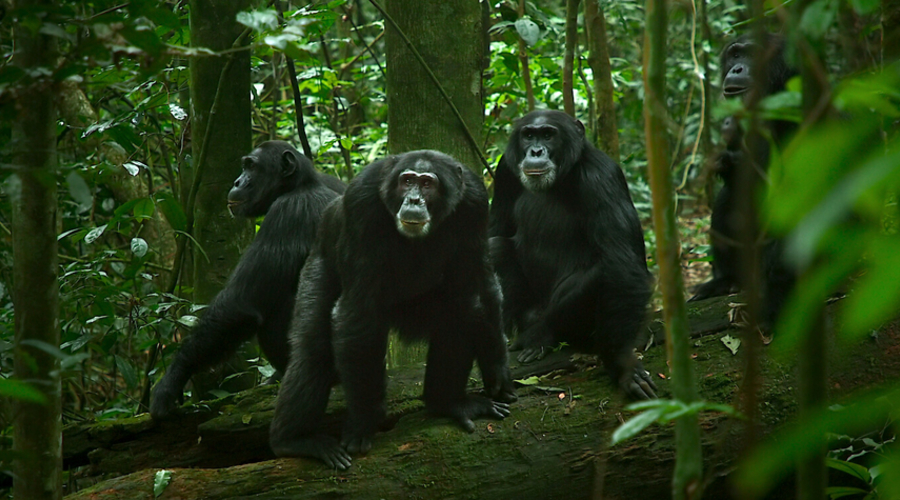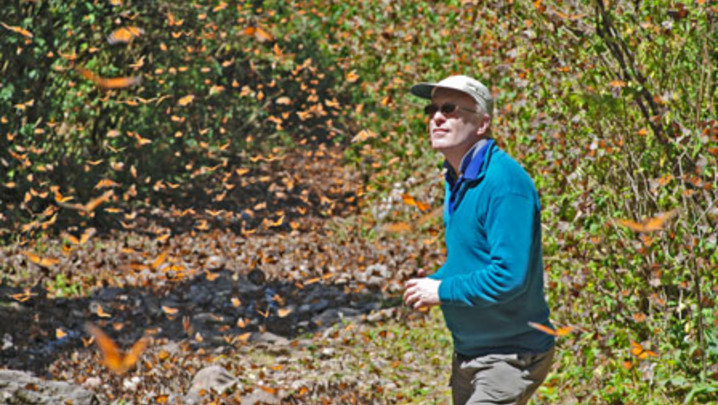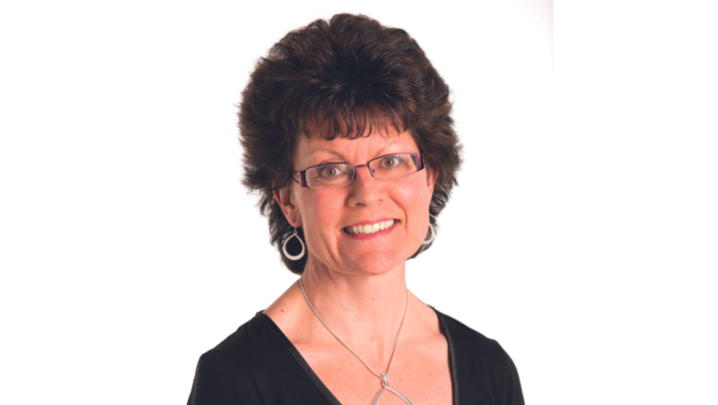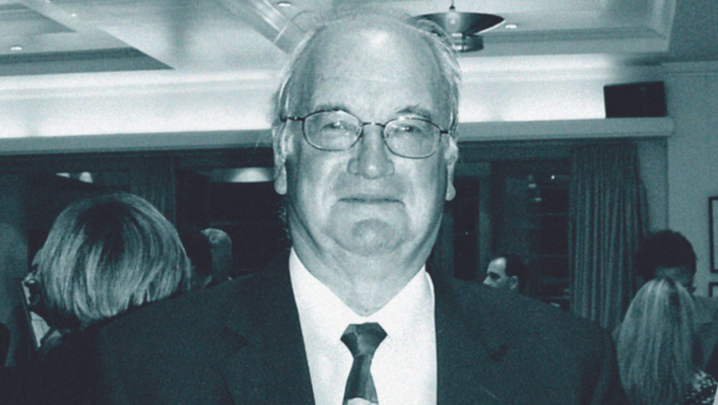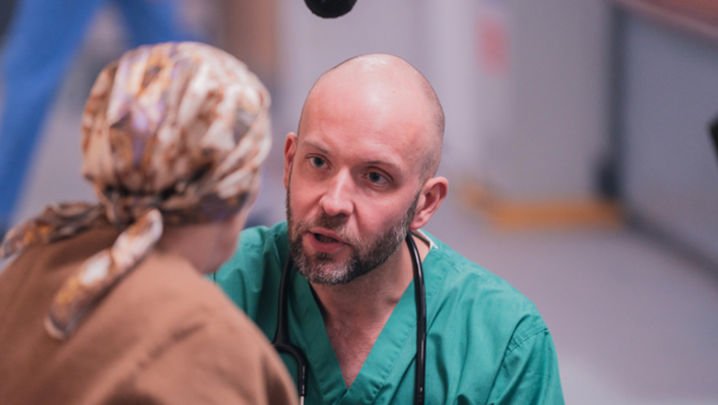Following the huge success of Rise of the Warrior Apes, the Oscar-winning director James Reed returned to Uganda’s Ngogo Forest for another look at some of our closest living relatives, chimpanzees.
Chimp Empire, which follows two rival troops of chimps, was previewed at a sold-out joint RTS West of England/Wildscreen Network screening at the Watershed in Bristol, ahead of its release on Netflix last month.
The team spent 18 months filming a four-part series that required extensive research. “We spent months analysing every detail about every chimp known to the scientists,” explained Reed, “so we had these huge backstories from every individual chimp.”
They worked very closely with the Ngogo Chimpanzee Project, with Reed praising the scientists who “were involved on every level…. Every time we had a storyline that we were shaping out, we shared it with [Professor John Mitani].”
The production took a different approach from most natural history shows, by not being prescriptive about looking for specific behaviours. “We were focused purely on character from the beginning,” said Reed. “Our characters led us into really interesting behaviours. We… [got] some incredible things that, from a behavioural point of view, haven’t been seen before.”
Much of Chimp Empire is shot handheld, setting it apart from other shows in the genre. “It’s an incredibly beautiful and well-shot series,” said Reed, “but it incorporates styles that, on some… blue-chip natural history [shows], wouldn’t make the cut.
“I think that many of the events we needed to tell the story were only possible to capture handheld…. It gives it a different feel.”
In the edit, Reed and his team experimented without voiceover, before settling on a script. “The style of the script lends itself to storytelling,” said the series producer, Callum Webster. Reed said the Oscar-winning actor Mahershala Ali was “one of the first, if not the first person, we approached”.
Documentary storytelling lends itself to debate about the accuracy of the narrative. “It is an authentic story; it is how it happened,” Reed said, “but, obviously, we make a lot of creative choices about what goes in and what doesn’t, so we are adapting the reality to a degree in terms of where we place emphasis and the words that we choose.”

